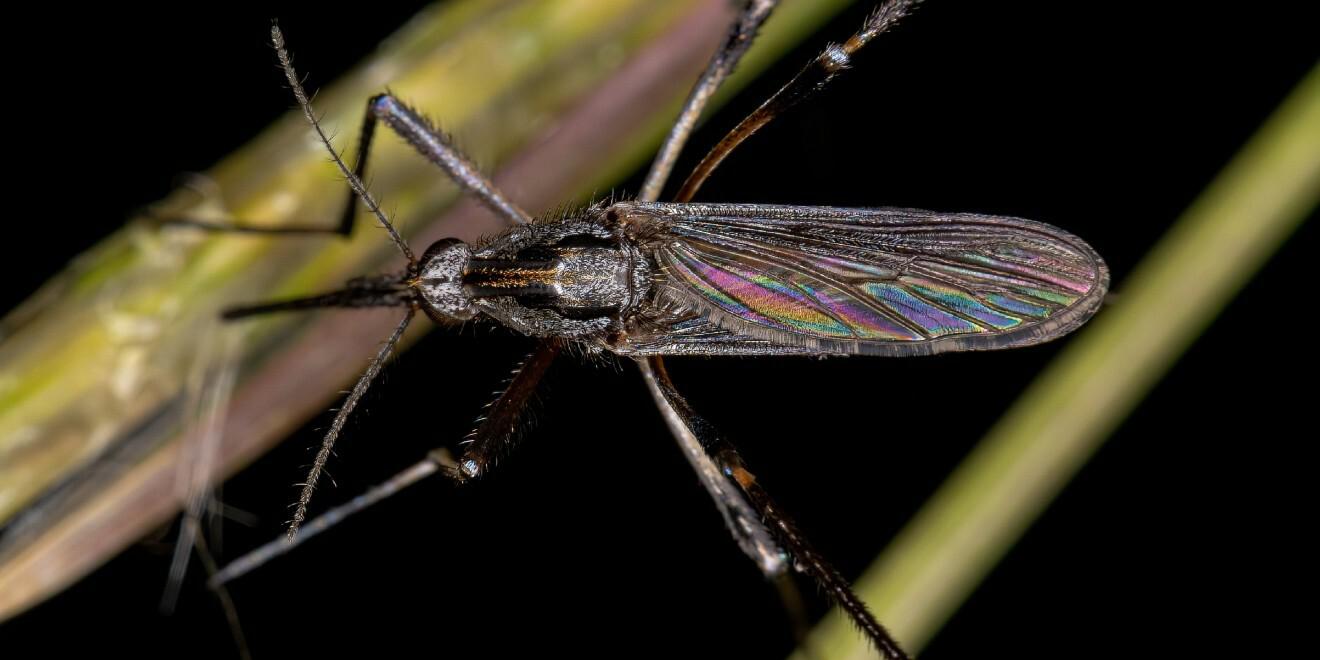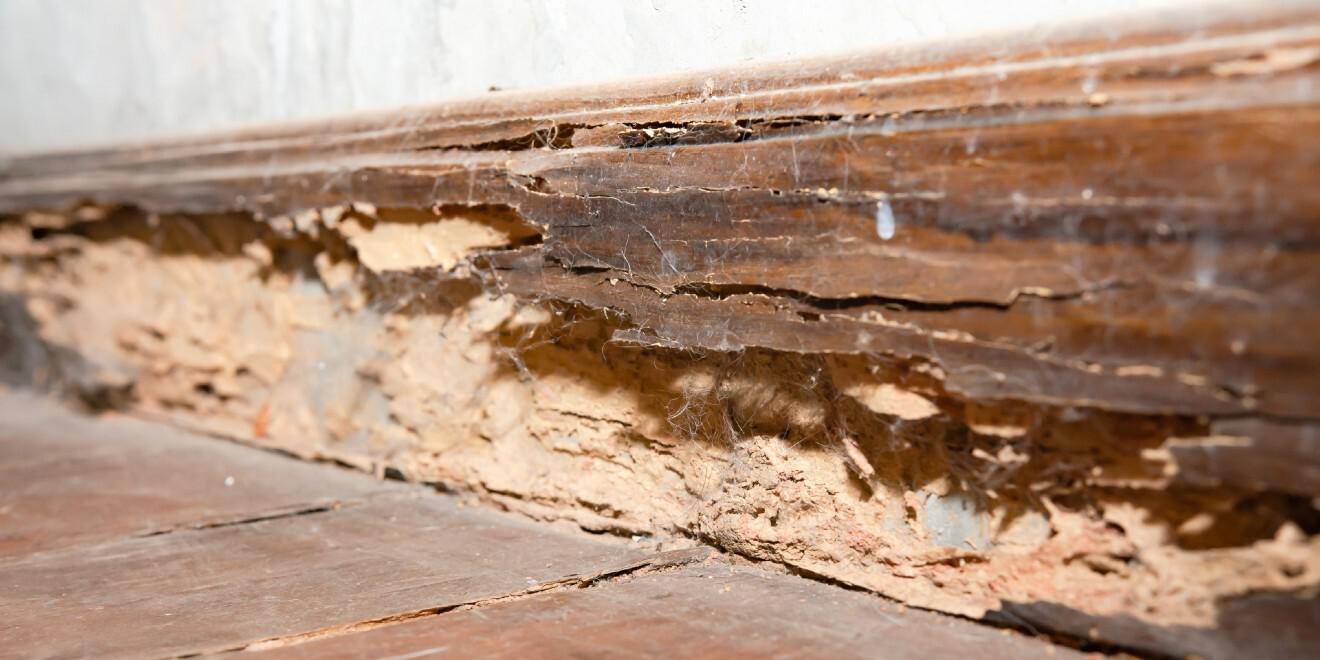Did you Know Deer Don’t Get Lyme Disease?
Posted by Mosquito Squad
December 20, 2023

Deer are immune to Lyme Disease! It seems so counterintuitive, as we correlate deer ticks to be the ultimate vector of the bacteria (Borrelia) that causes Lyme disease. But, it is true.
While deer absolutely help contribute to the deer tick population and transport those deer ticks to your property – they don’t spread Lyme disease to the ticks that bite them.
In fact, according to Columbia University eco-epidemiologist Maria Diuk-Wasser, they’ve found that if a tick bites a deer, the tick becomes immune to the bacteria too and no longer spreads the disease. It sounds like there could be some research needed to find out if we can make humans immune to it too!
Is this Great News for the Fight Against Lyme Disease?
 Deer have always been immune to Borrelia, so why is Lyme disease so bad and getting worse? Well, the ticks that bite deer are not the same ticks that later bite you.
Deer have always been immune to Borrelia, so why is Lyme disease so bad and getting worse? Well, the ticks that bite deer are not the same ticks that later bite you.
Adult ticks like bigger hosts such as humans or deer. If an adult tick chooses a deer, they are NOT choosing a human. They are in fact getting their last blood meal to get the nourishment they need to lay their eggs before their life cycle ends. Generally speaking, younger ticks choose smaller hosts, not deer.
Deer Contribution to Tick Reproduction
Deer contribute to the spread of Lyme in that they provide that last blood meal to the adults. Those ticks will lay thousands of eggs at a time and boost the population of younger ticks (nymphs) who will be out in the spring to spread Lyme. Ticks contract Lyme from the mice in which they receive their first blood meal.
In less frequent cases, a nymph deer tick will choose a deer as a host. The blood meal from the deer is when the nymph deer tick might actually be cleared of the Borrelia infection.
There are regular references to the fact that nymph ticks spread more Lyme than adults. This fact was mostly attributed to the fact that nymphs are smaller, therefore less noticeable and will have a great chance of staying embedded long enough to transmit the disease. But, as in all things Lyme disease related, the situation is complex.
If you’re concerned about ticks spreading Lyme disease on your property, please consider our tick control program. Call today to learn more.















